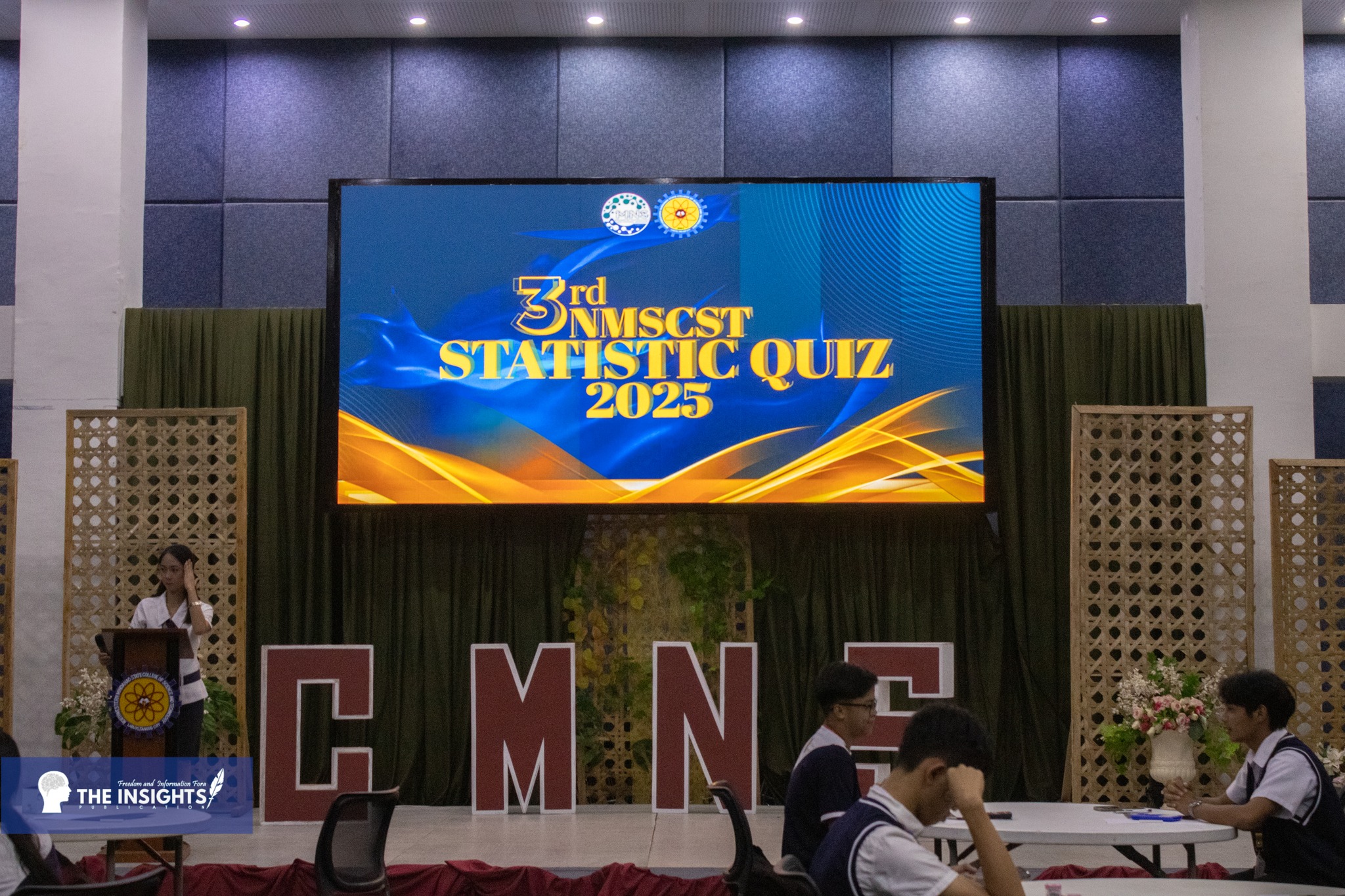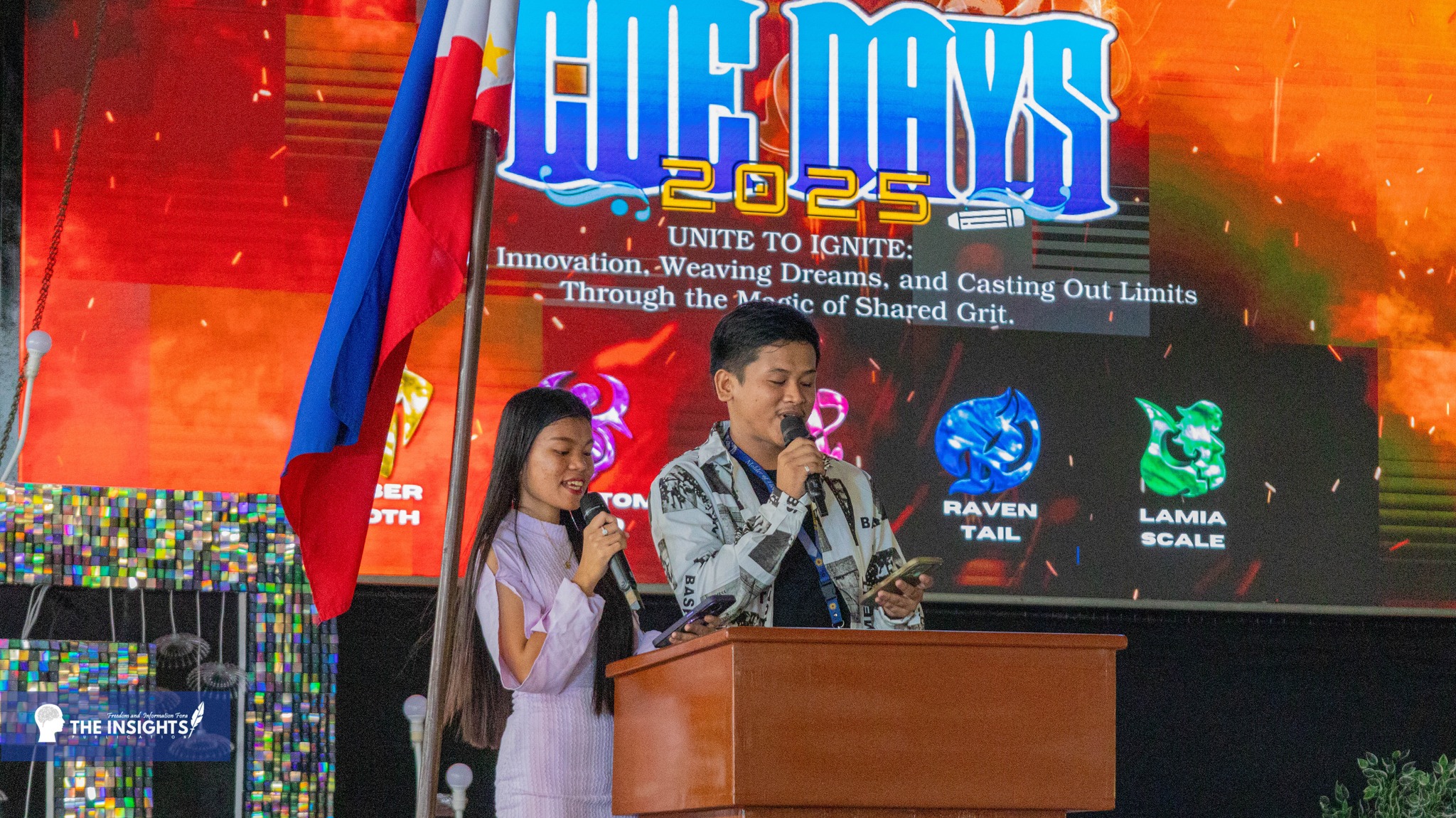

- Post:Bea Pahang
- 2025-09-01
- Read 87
𝐖𝐡𝐞𝐫𝐞 𝐅𝐥𝐨𝐨𝐝𝐬 𝐑𝐢𝐬𝐞, 𝐒𝐨 𝐃𝐨𝐞𝐬 𝐭𝐡𝐞 𝐐𝐮𝐞𝐬𝐭𝐢𝐨𝐧 – 𝐖𝐡𝐞𝐫𝐞 𝐃𝐢𝐝 𝐭𝐡𝐞 𝐏𝐚𝐢𝐝 𝐓𝐚𝐱𝐞𝐬 𝐆𝐨?
Imagine walking on a muddy road, riddled with cracks and unfinished infrastructure projects—some even left untouched for years. Everywhere you look, tarpaulins read, “This is where your taxes go,” with a picture of the politician in charge, yet nowhere to find the blueprint of the said project. The smiling faces on those tarpaulins reassure people that their contributions are being put to use—a promise of change, hope, and convenience. But what if these projects are nothing more than band-aid solutions—rushed, shallow, designed to showcase compliance and claim credit rather than genuinely serve the people?
While citizens wade through muddy roads and endure unfinished infrastructure, billions have quietly flowed into flood-control projects across the country—projects that may not even serve their purpose to those who need them most.
From July 2022 to May 2025, the government spent Php 545.64 billion on 9,855 projects, but Php 100 billion went to just 15 contractors with poor track records out of 2,409 accredited, according to Tony Lopes from the Philippine Star (2025). Only four of the most flood-prone provinces received major projects, while areas like Bulacan, Cebu, and Isabela got massive sums—including identical allocations, such as four projects in Talisay, Cebu at Php 144.75 million each, sometimes awarded to the same contractor for different locations.
What was supposedly meant for areas in dire need ended up misplaced in provinces not even flood-prone, highlighting serious mismanagement in flood-control spending. This raises urgent questions:
What happened to the remaining budget? Why was the same allocation stretched across two locations? And what about the communities that truly need flood-control projects? Awarding fewer contractors with the same budget, despite different conditions, does not only expose unrealistic planning but also hints at profit-sharing motives—revealing not just inefficiency but betrayal of public trust.
While citizens suffer over daily meals and the taxes they must pay, some politicians flaunt wealth—clothed in luxury, riding expensive cars, and residing in lavish estates. While people struggle during typhoons, some government projects are more concerned with beautifying tourist attractions on mountains rather than addressing urgent needs in times of calamity. And, while people are drowning in the chaos of floods, the same politicians sit safely in rigid homes built from the people’s money.
Elected government officials should remember the principle: Magsisilbi ka dapat. The power entrusted by the people should mean genuine service—empowering lives, building better roads, accessible services, quality infrastructures, education, and economy.
Yet some services only benefit those who gained trust, exploiting it as an investment fund for their own interests.
Kapangyarihan by Ben&Ben featuring SB19, and other revolutionary songs from artists like Gloc 9 and Bamboo, will always reflect the vulnerable political status of the country. Yet, no matter how savvy these songs are, no matter how loud the people’s voices become, some in power will always play the field without intention to truly serve.
This is where some paid taxes go—into their pockets, into their privileges, with only crumbs sprinkled to the people. So many coins collected, yet so little returned.
So, how then, can this country escape from this dilemma? Who then, can change this corrupted world?
Until leaders see beyond compliance, until they learn that service is not a project but a promise, until people can be wise enough to entrust power, until then—we will continue to drown. Not in rain, but in corruption.

